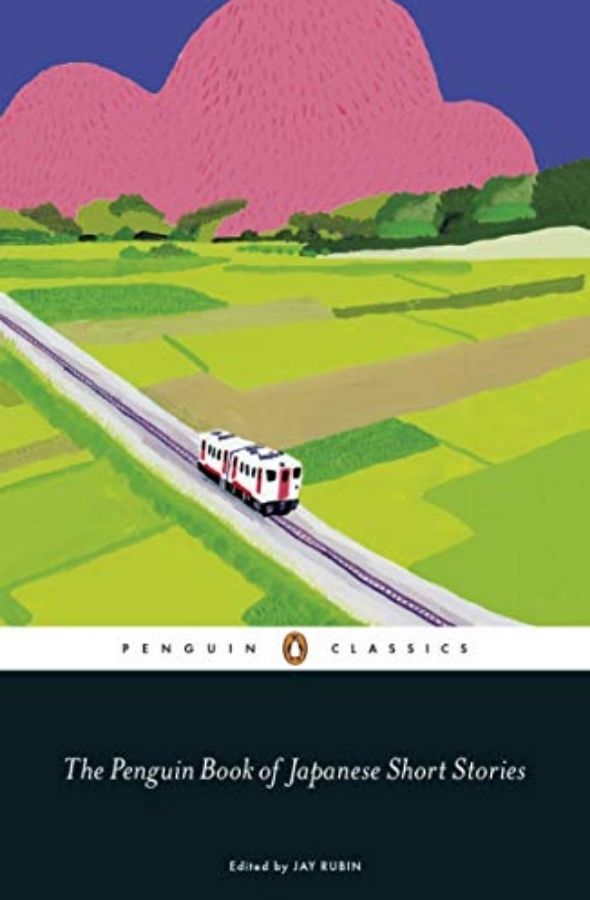Perhaps one of the most tense and disturbing short stories I have ever read, leaving me unsure whether to praise it or regret having ever read it.
The story itself follows the suicide of a young Japanese lieutenant, and his even younger wife, at the tail end of February 1936. The premise sounds simple and grim, and we know little about the characters, but it is imbued with such intimacy that it makes you feel incredibly sympathetic for both.
The couple, particularly the wife, are described in such a way that makes their appearance vivid in your mind. The broadness of their features, the colour and texture of their skin, the sheen of sweat that coats them, and the gruesome way in which the lieutenant disembowels himself before his wife’s loving, dedicated eyes. Not to mention the fluctuations of their emotions as they ready themselves for death, a decision which reaches its gory conclusion within the span of a few hours.
Yukio’s short story strikes much more directly into our humanity and morals than purposely violent novels like American Psycho do. Whilst Ellis is over the top in his novel, the reality is that seppuku has been performed for centuries by Japanese warriors, often being seen as an honourable death. This account of pain and the process of readying one’s self, then enduring the conscious and prolonged disembowelment, on top of having to bear witness in the case of the wife, is truly horrific. Of course, the scenes of crime and murder in Ellis’ murder also happen in reality, but we don’t view those as something we may experience, or as something honourable to experience.
The unity of the couple’s bond, and their short marriage (which hasn’t even lasted a year), are integral to how disgusting and tragic the story feels. Given the argument-free and very compatible nature of their marriage—rendering it almost perfect—it feels like a supremely cruel gut punch to witness the way in which the couple take their lives on a cold night.
Moreover, Patriotism is a commentary on how something can be seen as cowardice or bravery when context is given or removed. The lieutenant refuses to launch an attack upon his friends, who have been aligned with the enemy. Is that cowardly or brave? The story makes no comment for you.
Perhaps he is brave to follow tradition and take his life, leaving a brief suicide note wishing for the long success of the Imperial Army that he served. However, in doing so, he causes his wife to bear witness to his seppuku and then slit her own throat after, effectively taking her life as a repercussion of his own choices, ethics, and patriotism (or lack thereof). Once again, is the wife brave to do such things? I’d say yes, but to our modern minds—ones where marriage is seemingly less sacred, and suicide is almost strangely normalised—it comes across as a very loyal, but ultimately idiotic, move to enter into a suicide pact on the account of one person’s choices.
All in all, I felt it was a very valuable piece of short writing, especially since the author grew up across the 1920s and 1930s where such traditions were perhaps still followed by the most loyal soldiers and citizens.
It’s hard to call it violent, but it is certainly graphic, and another good reason to pick up Penguin’s collection of Japanese short stories. Patriotism is food for thought about how we value life and our code of honour, I suppose.

Leave a Reply